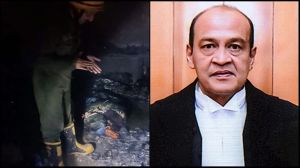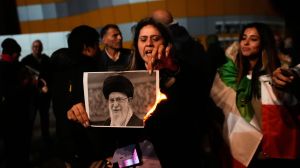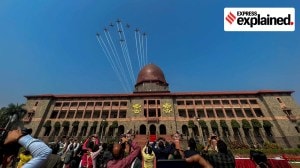Ill fitting cap
TRAI must be told regulation of advertising is better left to producers and consumers of media.
TRAI must be told regulation of advertising is better left to producers and consumers of media.
The Telecom Regulatory Authority of India TRAI is being unreasonably insistent on enforcing a cap of 12 minutes per hour on TV advertising,an ill-conceived policy. The market is perfectly capable of negotiating the proportion of advertising to programming. An unacceptably high rate would discourage viewers and the resulting dip in revenue and influence would serve as an automatic disincentive. Advertising,which partly or wholly pays for programming,may be seen as a cost levied on the viewers time and attention. Limiting advertising is not very far removed from state-controlled product pricing,unacceptable in a democracy committed to liberalisation.
At the request of the ministry of information and broadcasting,TRAI had agreed not to enforce the 12-minute cap until the end of the year. However,it has reportedly sought legal action against 14 channels which have routinely overstepped the limit from the courts of Delhi,arguing that no one is above the law. Agreed,no one should be,but the real question is whether the law is prudent or even necessary. TRAIs objective of providing better service to viewers is unexceptionable,but it forgets that viewers are capable of deciding their acceptable dose of advertising. Besides,advertising bodies have always argued that ads are of social and economic value,helping viewers to make informed choices. This is not wholly true,but some advertising is indeed designed for public service and may be counted as a form of programming.
The regulation of advertising is best left to producers and consumers of media,along with ad professionals. It is a complicated category and a heavy-handed volume cap may not improve viewer experience at all. In fact,it could make it much worse by forcing channels to reduce programming spends.
- 01
- 02
- 03
- 04
- 05































